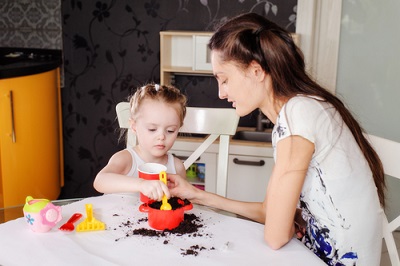 Quite often, preschool is a child’s first independent step into society. For this reason, many preschool carers view developing social skills as a priority, even over academic lessons, which children have plenty of time to explore and practice throughout their lives.
Quite often, preschool is a child’s first independent step into society. For this reason, many preschool carers view developing social skills as a priority, even over academic lessons, which children have plenty of time to explore and practice throughout their lives.
Every child has their own interests and skills to pursue, but unless they are confident, comfortable and capable functioning in society, chances are they will face many needless obstacles en route to achieving their dreams. So, how can we help pre-schoolers in this first monumental stage of their life journey?
The core social skills we hope to instil are:
-
Good manners
-
Self-control
-
Empathy and awareness of others
-
Effective communication
Preschools regularly engage in activities, which encourage these desired behaviours - most of which you can try at home to help support the practice.
-
Draw up a SHORT list of basic rules: Example, ‘Be nice to everyone’, ‘Remember to use your manners'. Chat with your child about what each of these rules means and the reasons behind them. Encourage him/her to contribute ideas and to think of possible consequences for not following the rules, for example, hurting people’s feelings, etc.
-
Assign jobs: Children love doing jobs. Giving them responsibility encourages community spirit, an awareness of others, a feeling of self-worth and inclusion, and builds confidence in their abilities.
-
Practice mindfulness: You can google search ‘mindfulness activities for children’ for a list of activities. Some of the exercises I personally practice with my class are calm breathing, simple meditations, controlled movement and body awareness such as ‘walking the line’, and exercises to awaken the senses. All of these exercises help children to be calmer, more in control of themselves, and aware of their surroundings.
-
Learn about emotions: This can be achieved using picture aids, dolls, drama activities such as roleplay, reading stories, and most importantly, conversation. Discuss the activities you are doing. Label the emotions and invent scenarios when you are likely to feel them. Encourage your child to actively participate in the discussions.
-
Provide opportunities for social interaction: At home, this may be play-dates, outings to the park, etc. In this way, children will learn the art of successful communication such as taking turns to speak and listen, and skills including sharing, turn-taking, winning and losing gracefully, respecting others, compromising and problem solving. Young children will need your support and encouragement during their first social interactions. Gradually give them more freedom and space to practice these skills for themselves.

As the adults in their lives, we also need to be aware of our own behaviours. We are their role models. Children will copy us! Regularly take time to discuss the day's activities with your child. Encourage them to open up. Talk through any problems they may have incurred, and together come up with possible solutions. During this very important stage in their development, above all else, they need to feel your love and support. If you have any concerns about your child’s social skills and practices, don’t be afraid to discuss it with their teachers or carers. That’s what we’re here for.
And finally, enjoy their smiles and successes!








